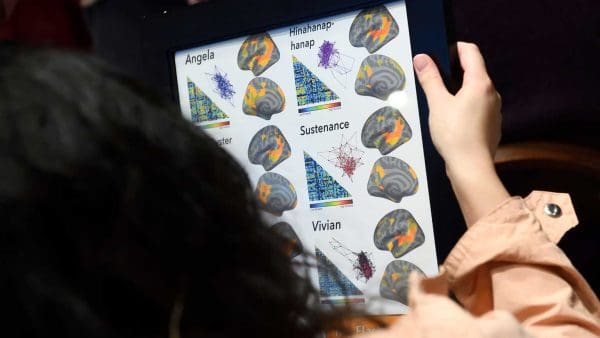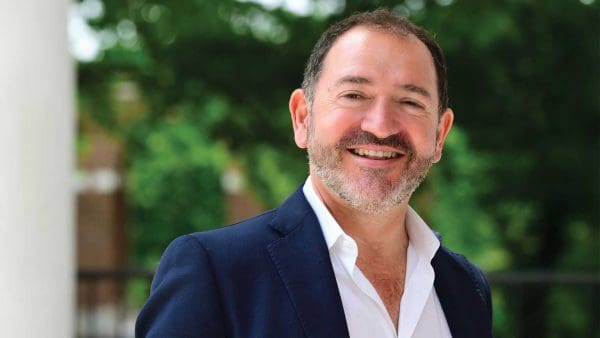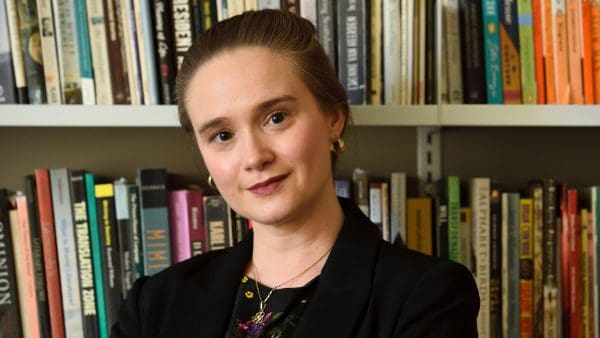Students who want to explore the intersections between medicine and the humanities will be interested in a new interdisciplinary major being offered at Johns Hopkins.
In January, the Krieger School announced the medicine, science, and humanities major for students who want to examine medical and scientific issues through the lens of humanities studies. The new major gives Hopkins undergraduate students the chance to pursue the natural sciences and the humanities, rather than having to choose one or the other.
Beverly Wendland, dean of the Krieger School, said the major was created in part to help close the polarizing gap between the sciences and the humanities.
“Given our academic strengths, Johns Hopkins is ideally suited to create a course of undergraduate concentration that focuses on the intersection of medicine, science, and the humanities,” says Wendland. “In the rapidly changing landscape of higher education in the 21st century, interdisciplinary approaches are needed to promote intellectual innovations and will forge productive connections between scientific and humanistic cultures.”
The new major will attract students who plan to pursue careers in the health professions, as well as those interested in issues of importance to science and medicine, and students who plan to pursue graduate work in a range of humanities and social science disciplines. The major does not fulfill all premedical requirements, but advisers will work with premed students regarding additional needed course work. The new major will also serve any student interested in a humanistic approach to science as the foundation of their liberal arts education.
“It is only recently that medicine, science, and the humanities have become separated and siloed,” says Charles Wiener, professor of medicine at the Johns Hopkins School of Medicine and interim director of the new major. “Professions such as medicine recognize that future physicians must be more humanistic with additional skills in critical analysis, communication, and teamwork. The new MCAT being introduced this year addresses these cultural changes. The expectations of incoming medical students are becoming much broader to include cross-cultural studies, ethics, philosophy, and a range of humanities studies—all with the goal to produce more well-rounded physicians.”
William Egginton, vice dean for graduate studies at the Krieger School and the Andrew W. Mellon Professor in the Humanities, spearheaded the effort to create the new major. He says students who graduate with the major will “demonstrate awareness of how the sciences and medicine are called upon to answer some of the same fundamental human problems that are addressed by the humanities.”
So far, more than a dozen incoming freshmen and several current freshmen have expressed interest in pursuing the major.
“I’m not at all surprised at the considerable interest being shown for the major,” says Wiener. “I look forward to meeting these students and sharing the details with them. Our new major is a reflection of the Krieger School’s mission to create new knowledge through research and scholarship. Like the humanities, science and medicine are essentially interpretive, creative endeavors, and the new major celebrates that integral connection.”
For more information visit krieger.jhu.edu/msh.




